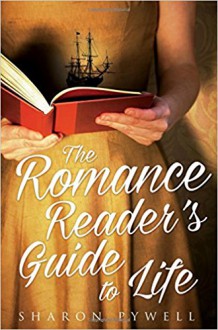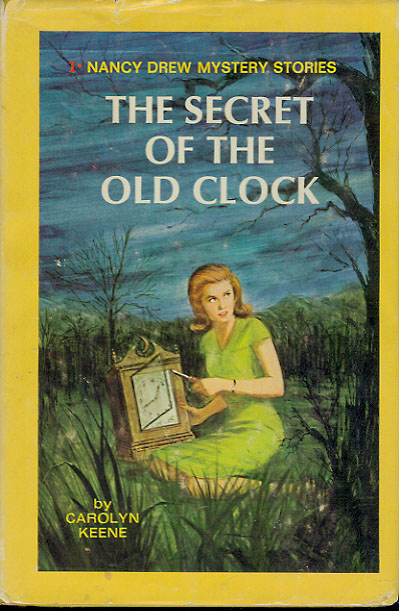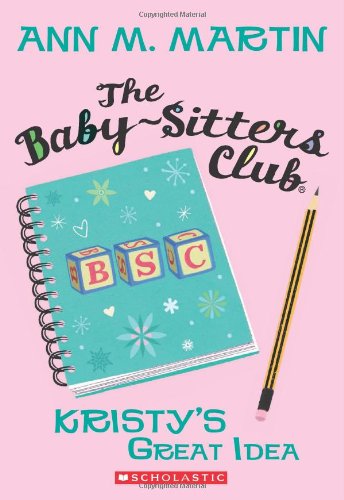The Romance Reader's Guide to Life - Sha...

Review originally published on
my blog.
I almost skimmed on by this one (having seen the word “romance” in the title) while I was browsing Net Galley, but the cover hooked me. I saw the (possible) pirate ship, became curious, then I read the description and I knew I had to read it. I’m going to preface the rest of this by saying that I am not much of a romance reader. I can enjoy romance in books, and I like a few romances I’ve read, but it’s not a genre I read much of.
This story reminded me a lot of The Lovely Bones (well, what I remember of it, at least, because I read it about 13 years ago), which doesn’t bother me because I enjoyed that book as well, but maybe this won’t be for you if you hated everything about The Lovely Bones. The similarities are there, but this didn’t read like it was trying to imitate anything else. It was unique and strange, a little confusing at times, but ultimately quite enjoyable.
I’m not always a fan of stories told from multiple points of view, but this is an example of it being done well.I think this could have been a five star book for me, but I didn’t love any of the characters. I wanted to, but I didn’t connect much to any of them, and at times I just didn’t like any of them.
I related to Neave in some ways, with her bookish and headstrong nature, but sometimes she didn’t seem quite real enough for me, like there was something missing. By the end, I felt like she was finally starting to stand on her own two feet more, but before that, it felt more like she was living in her sister’s shadow. She was independent, and capable of taking charge, but I think she lacked the confidence she needed until close to the end.
Lilly annoyed me, but eventually she grew on me a little. I still don’t love her, but I like her more. In some ways, I understood her more than Neave, even though I’m more like Neave. I’m not sure if that was because of how she was written, or if she reminds me of people I’m close to in real life, but I feel like she was a bit more fleshed out than Neave. Lilly’s perspective was strange, and there were some things that were not really explained. That would usually annoy me a lot, and feel lazy, but in this particular story, I think it worked. I would still like to know more about “Where she is now,” but I’m not too bothered by it.
Their other siblings and the rest of the minor characters had enough development to fit into the story, but I wish we’d gotten a bit more time with some of them. I really wanted to know more about Ruga, in particular.
While I know that the 1930s-1950s was a drastically different time in many ways, and people thought differently about a lot of things then, Neave and Lilly’s parents really annoyed me. There were a few things they said about certain things (that I won’t say because spoilers) that made me so angry, and I was glad to see my feelings reflected in Neave’s reactions and thoughts.
Maybe I’m reading too much into this, but I felt like this book also functioned as social commentary on present issues concerning gender roles and expectations, and the way women are treated. This was set decades before I was even born, but from what I know based on TV, things I’ve read, and anecdotes from people who were around then, it seems reasonably accurate, and the fact that women today are experiencing the same issues they were dealing with 60 years ago is disturbing.
But, on the more positive side of things, the independence Neave and Lilly had was refreshing.
It was nice reading about two driven women who built their business from the ground up and were successful, whether they were married or not, at a time when it was pretty much unthinkable for women to be so independent. The way they used it to help empower other women and help them was also great.
Woven throughout Neave and Lilly’s story is that of The Pirate Lover, a fictional romance novel Neave has read and re-read many times and loves. It’s full of typical romance tropes (the distressed heroine, the rakish and wealthy hero, the abominable villain, blossoming love, fighting evil, etc.), and it’s wonderful.
It’s meant to be very trope-y, and because of that almost satiric storytelling, it’s delightful. (I wouldn’t mind reading it if it were a real book.)
The events of The Pirate Lover are reflected in Lilly and Neave’s story in increasingly more unsettling ways throughout the book, and I think Sharon Pywell did an amazing job with entwining these two narratives.I had a difficult time trying to nail down some genres to categorize this one as, because it’s a bit genre-defying. While it does use a lot of romance novel tropes, there’s also some drama, crime, mystery, magical realism, and probably others. It’s definitely not a book I’ll soon forget, and I’m so glad I managed to get an ARC. This isn’t really relevant, but I have to say that I actually squealed when I read the title of the final chapter. I thought that quote would make an appearance somewhere in the book, and I was so happy to see it!
I have to recommend this book, even if you–like me–are not a romance reader. It was such a unique story, and I think it could appeal to a lot of different people.


 Log in with Facebook
Log in with Facebook 











